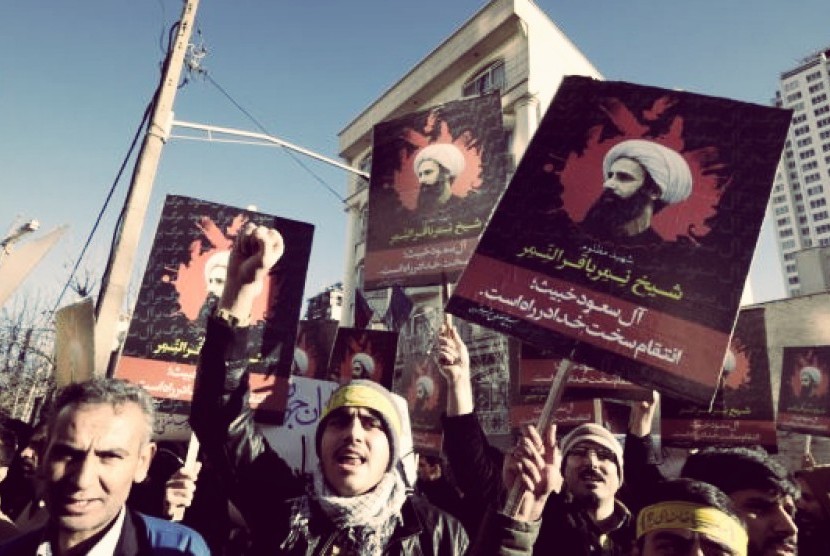REPUBLIKA.CO.ID, ALGIERS -- Algeria on Monday urged Iran and Saudi Arabia for restraint, saying it is concerned about the escalation between the two nations.
"Algeria urges the political leadership of both countries to show restraint to avoid further deterioration of the situation that would cause serious and negative consequences bilaterally and regionally, amid shaky security and geopolitical context," Foreign Ministry said in a statement, reported by the official APS news agency.
"Algeria also calls on the two countries, members of the Organization of Islamic Cooperation, to put their commitment for the service of enduring values and unifying teachings of Islam, especially when it comes to the sacredness of human life and the inadmissibility of any fratricidal confrontation, above dissension and contingencies, under any pretext, " said the source.
On Sunday, Riyadh announced breaking off diplomatic ties with Tehran following days of verbal escalation between the two countries after Saudi Arabia executed Baqer al-Nimr (56), prominent local Shia scholar who was known to be an open opponent to the Sunni ruling dynasty.
The execution sparked several protesting movements in some nations, including Iran, Lebanon, Bahrain and Pakistan.
The United States is also concerned about the need for Saudi Arabia and Iran to de-escalate the situation in the Middle East following diplomatic tensions between the two countries, the White House said Monday.
"We are urging all sides to show restraint and to not further inflame tensions that are on quite vivid display in the region," White House spokesman Josh Earnest told a regular press briefing.
Earnest said U.S. Secretary of State John Kerry has been in touch with his Iranian counterpart to convey the message. He will also talk with his Saudi counterpart at some point soon.
"We have seen a lot of volatility and instability in the Middle East has a tendency to break down along sectarian lines," Earnest said. "It is not a coincidence."
The spokesman called on people on all sides to try to bridge the divides "in a way that advances the interests of countries all across the region."
U.S. officials had raised direct concerns to Saudi officials about the potential damaging consequences of following through on the mass executions, Earnest said.


